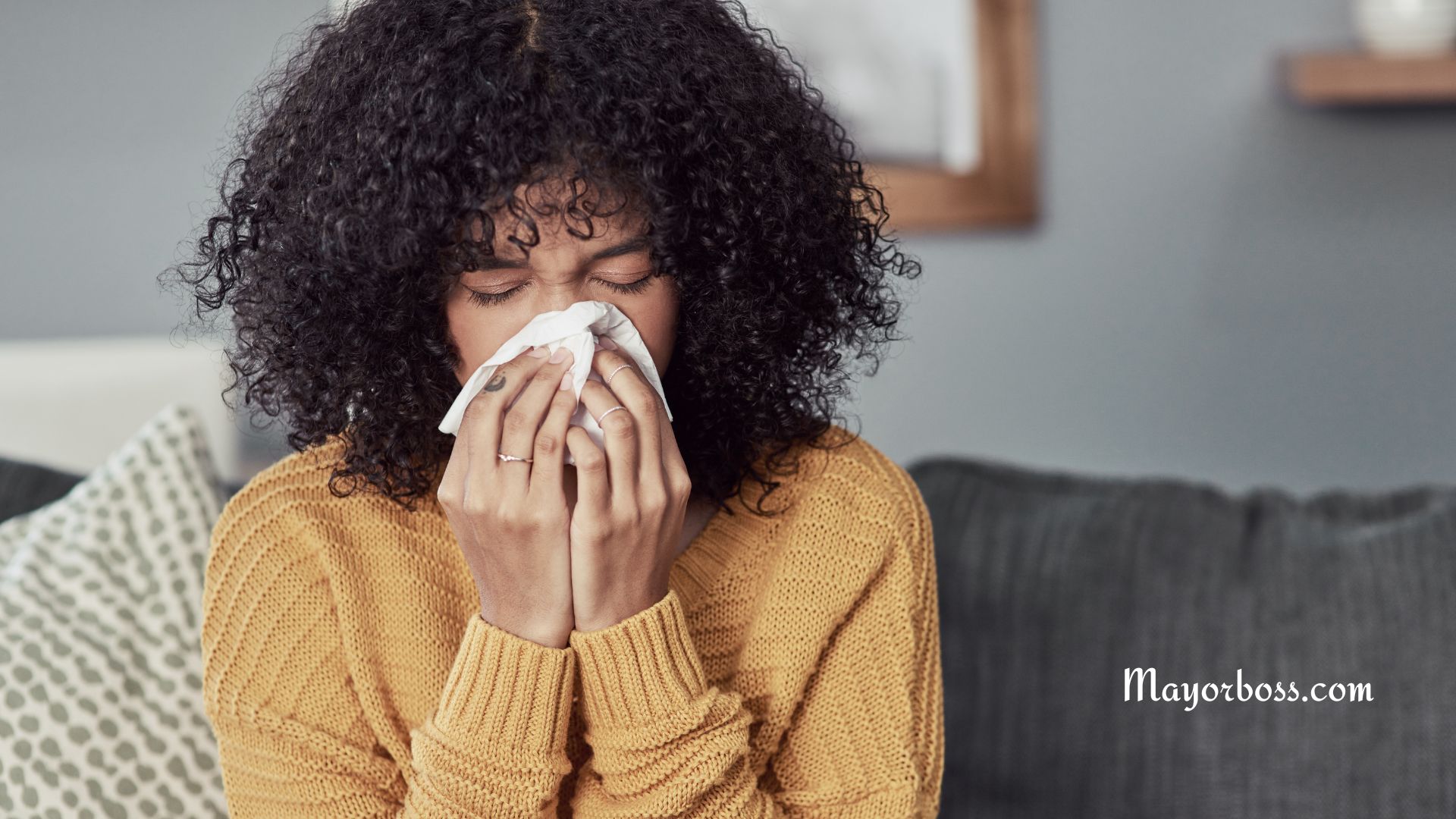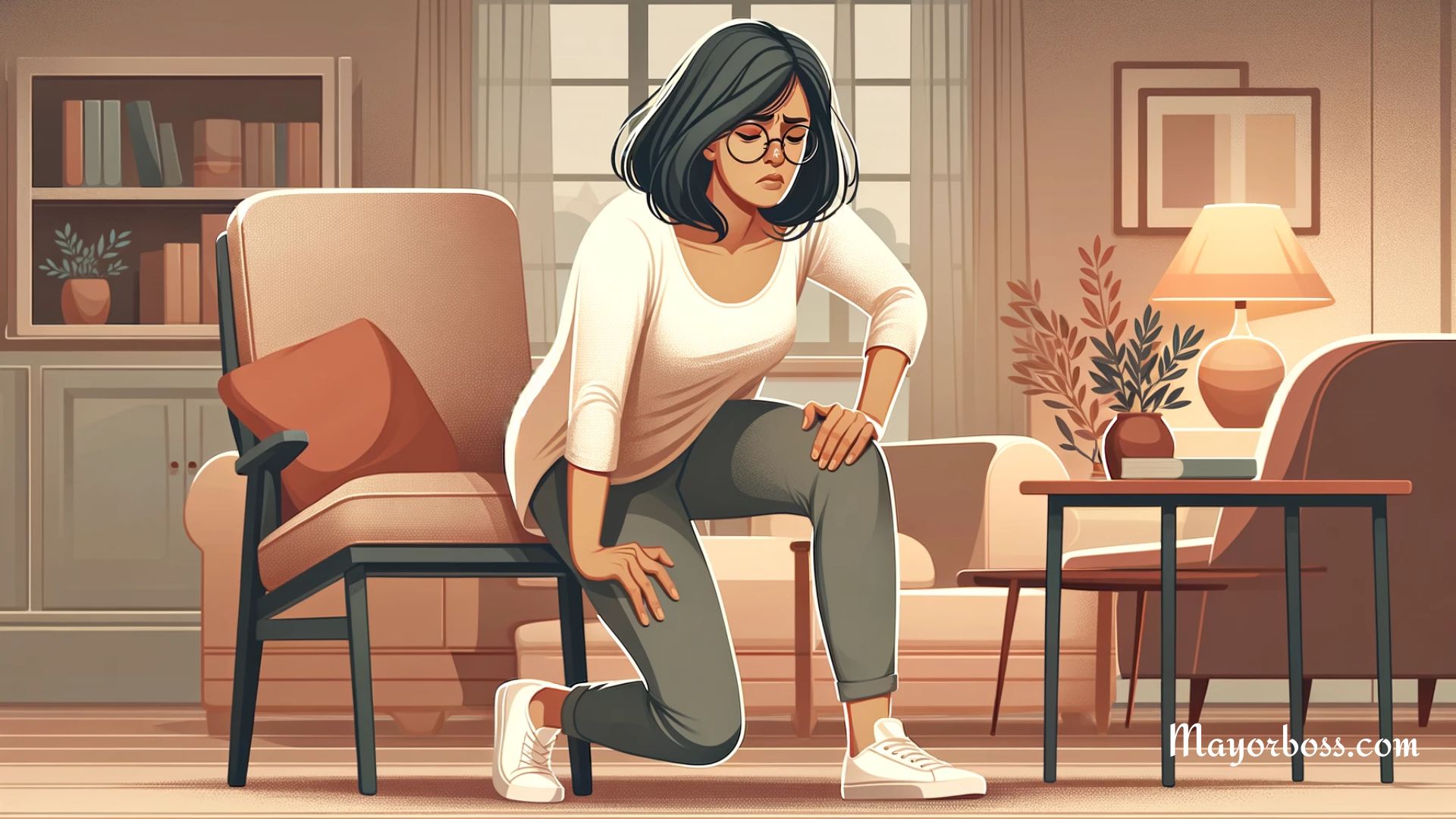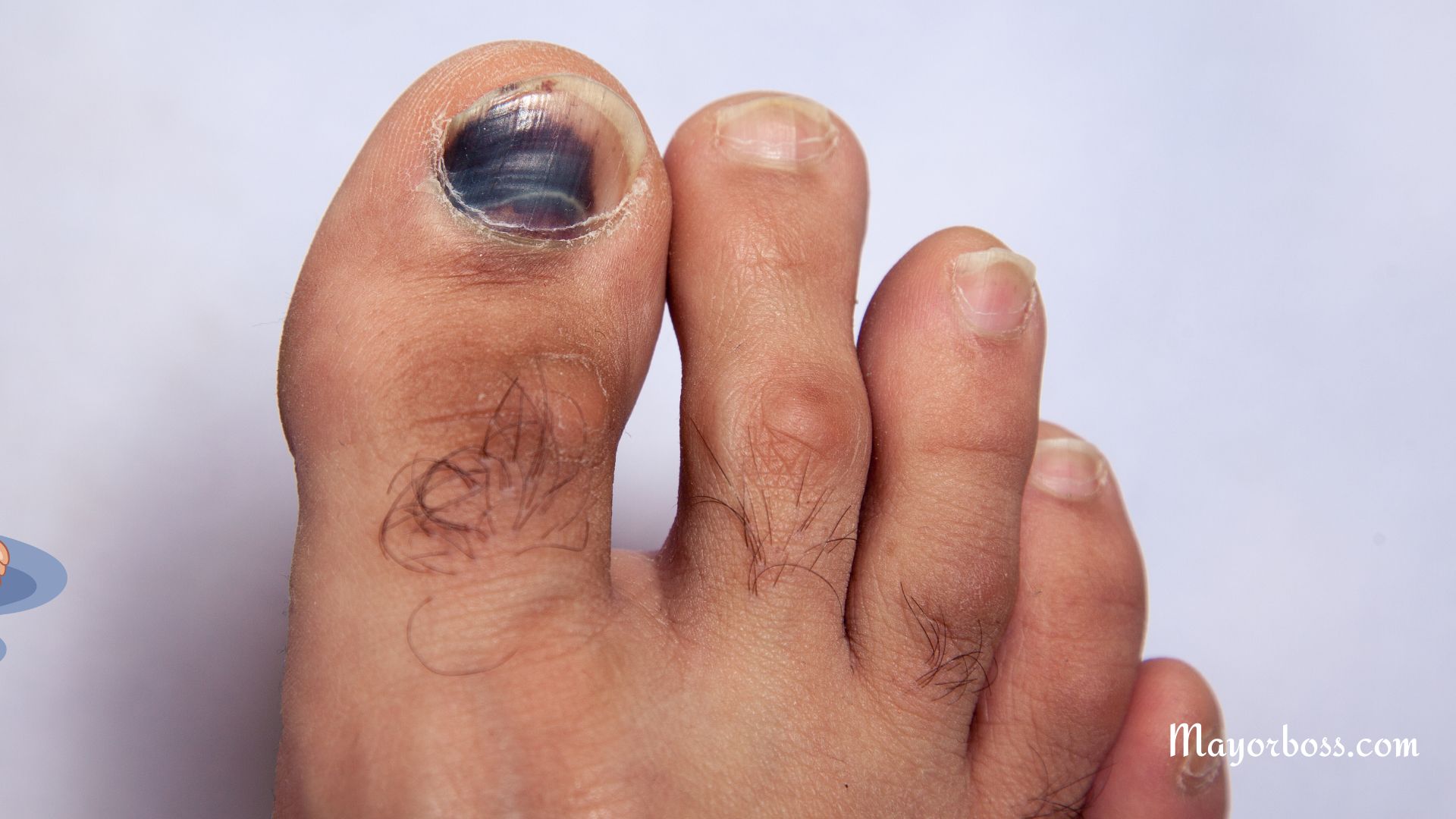Why Do We Get Allergies?
Allergies are the immune system’s exaggerated response to substances that are generally not harmful, such as pollen, dust, or certain foods. When you come into contact with these allergens, your immune system reacts, causing symptoms like sneezing, itching, swelling, vomiting, and watery eyes. This article will explore the causes of allergies, common allergens, symptoms, diagnosis, and ways to manage and prevent allergies.
What are Allergies?
In simple medical terms, allergies occur when your immune system mistakes a particular harmless substance for a dangerous invader. Your body then produces antibodies to fight off these perceived threats, even though they’re usually benign.

Common Allergens
Here’s a look at some common substances that can cause an allergic reaction:
- Pollen: Affects you mainly during certain times of the year.
- Dust Mites: Common in homes and can cause year-round issues.
- Pet Dander: Animal skin flakes, urine, and saliva can be problems.
- Foods: Shellfish, tree nuts, milk, and eggs can cause allergies in some individuals.
- Medication: ibuprofen, aspirin, and certain antibiotics
- Latex: used to make balloons, chewing gum, mattresses, gloves, and condoms
- Insects: Stings from bees or wasps can provoke allergic reactions.
Common Symptoms
Some common symptoms you may experience include:
- Red, itchy, watery eyes
- Sneezing, coughing, or a runny nose.
- Skin rash or hives
- Swelling
- Shortness of breath
- Digestive issues: Nausea, vomiting, or diarrhea.
In extreme cases, allergies can cause a severe reaction called anaphylaxis, which requires immediate medical attention.
Diagnosing Allergies
If you suspect an allergy, a healthcare provider can help identify what’s causing your symptoms. Methods include:
- Skin Testing: Small amounts of allergens are applied to your skin with tiny pricks.
- Blood Testing: Examines the number of certain antibodies in your bloodstream.
Treatment and Management
Allergy treatments aim to relieve symptoms and may include:
- Avoidance: Stay away from known allergens.
- Medications: Antihistamines can help relieve symptoms.
- Immunotherapy: Gradual exposure to allergens can help your body become less sensitive.
- Decongestants: tablets, capsules, nasal sprays, or liquids used to treat a blocked nose or a runny nose.
- Lotions and creams: To reduce itchiness
- Allergy Shots: Immunotherapy or allergy shots can reduce sensitivity to allergens over time.
Prevention
Here’s how you can prevent allergies:
- Keep Your Environment Clean: Regularly cleaning can help reduce allergens like dust and pet dander.
- Watch What You Eat: If you have food allergies, carefully read the labels.
- Stay Inside During High Pollen Times: If pollen is the issue, staying indoors can help.
Further Reading: How to Get Rid of Pollen Allergies






